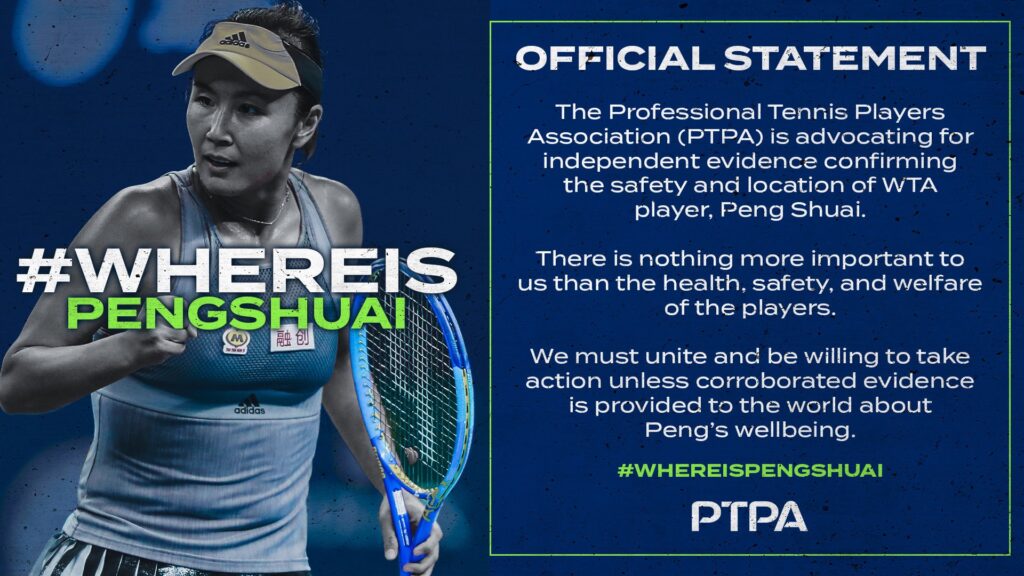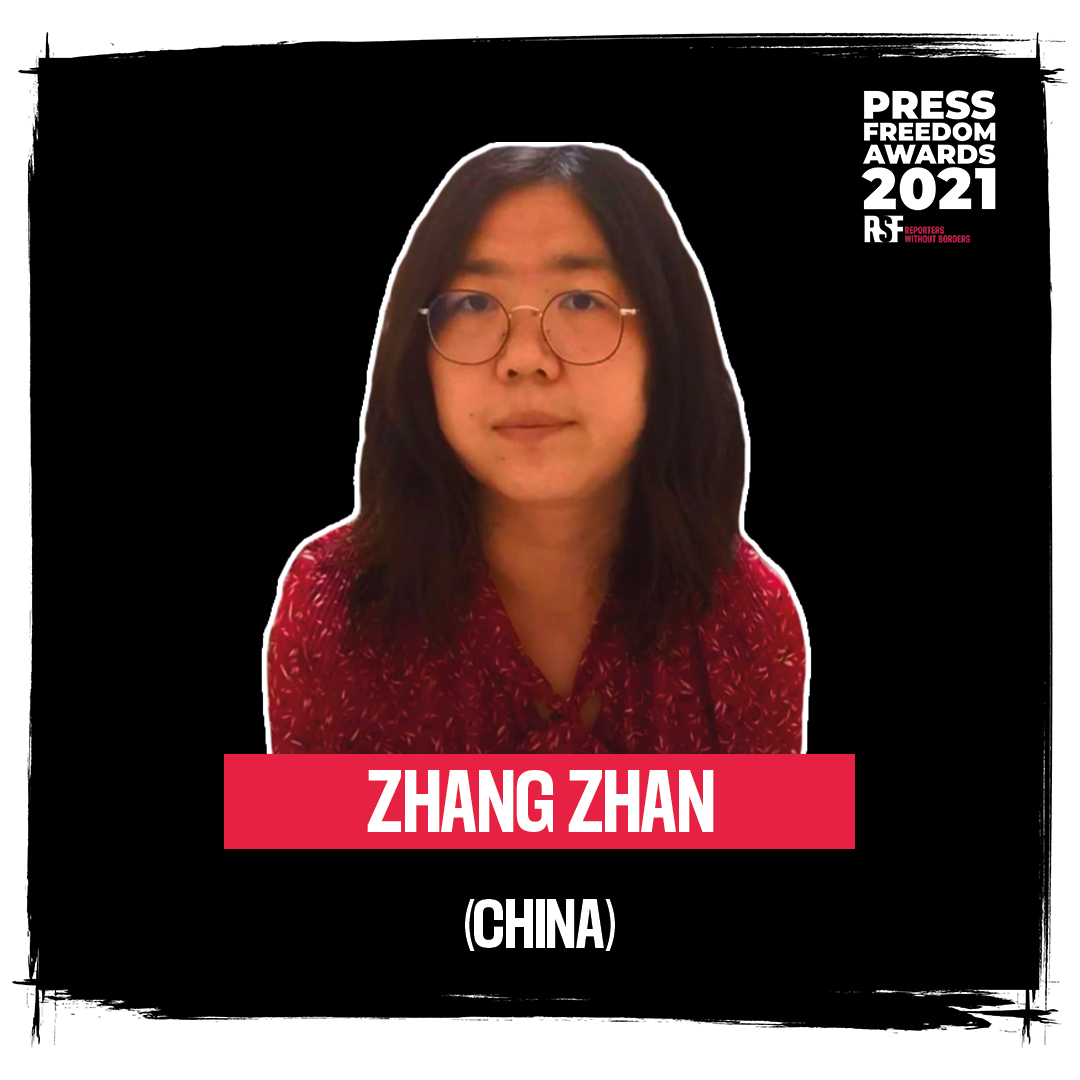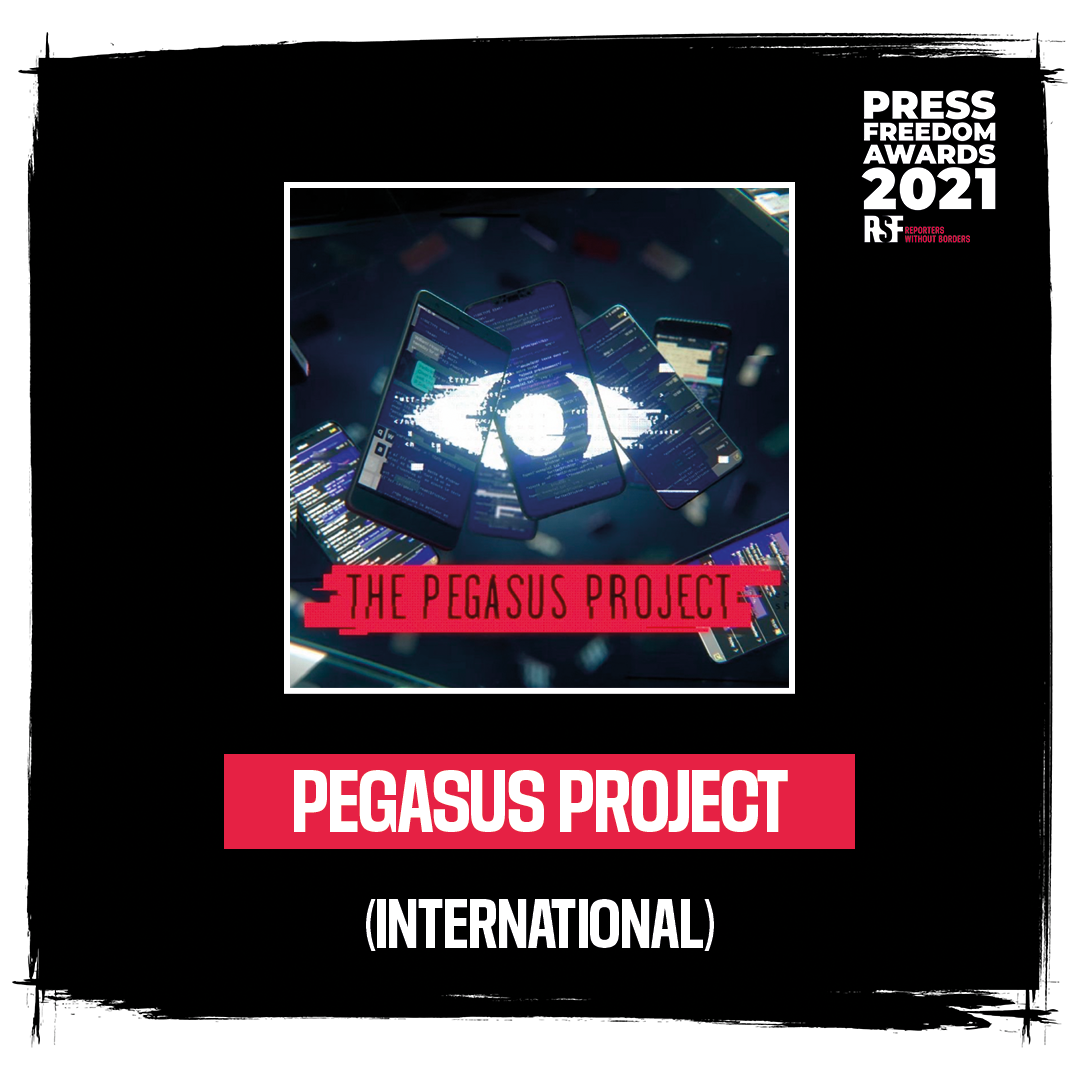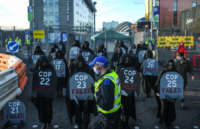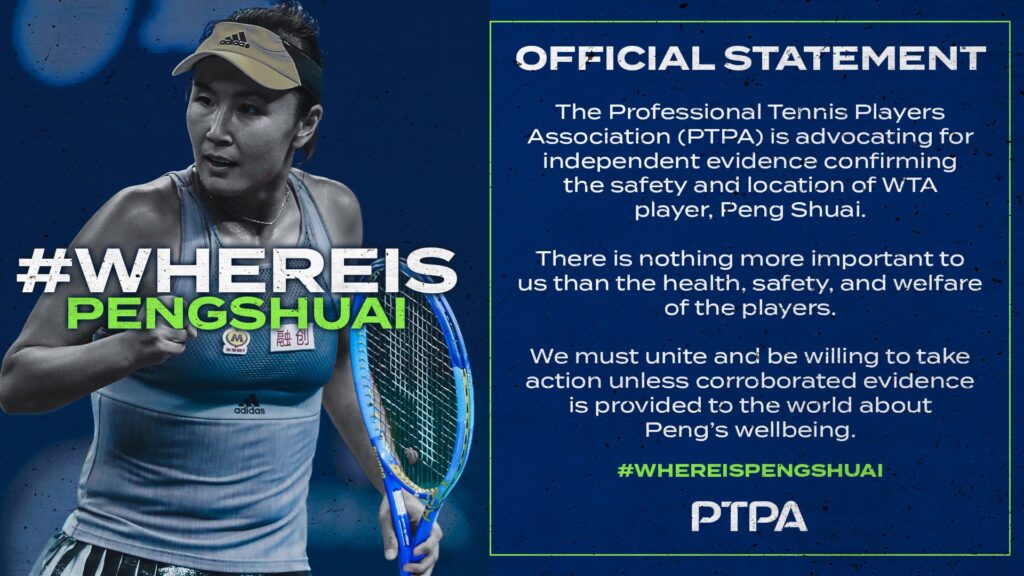The Earth’s greenhouse-gas (GHG) concentrations are driving catastrophic climate change, and creating an existential threat to the planet. But there is a way out.
Last year, President Xi Jinping pledged that China’s carbon-dioxide emissions would peak before 2030, and that the country would become carbon-neutral before 2060.
China has a history of setting ambitious, nearly impossible goals and then achieving them –often before deadline – so this pledge is significant.
Under the Communist Party of China (CPC), Beijing has already created an “economic miracle” in transforming China into the largest economy in the world. It ended extreme poverty while creating the largest middle class in the world.
It has virtually eradicated Covid-19 through non-pharmaceutical methods, while vaccinating up to 20 million people daily, and pledging the largest number of vaccines (2.2 billion) and distributing more than a billion to the rest of the world.
It has also been applying similar focus and national resolve to tackle climate change.
China has the greatest program of adopting renewable energy of any country. It generates more renewable power than North, Central and South America – 42 countries – combined. It has more solar parks and wind farms than any other country. Last year it established more wind power than the rest of the world combined.
It has more electric vehicles than any other country: it operates 420,000 electric buses, 99% of the world’s total; Shenzhen alone has 16,000 e-buses and 22,000 e-taxis. It aims to have 325 million electric vehicles operating by 2050.
Its high-speed rail network spanning 38,000 kilometers is so extensive and effective that air travel is starting to become obsolete. No country has as dense, large, and efficient system of clean public transportation and high-speed rail as China.
In addition, China has the greatest carbon-sequestration afforestation program in the world, creating forests the size of Belgium every year. It has doubled its forest coverage to 23% over the past 40 years. Satellite analysis over the past 20 years by the US National Aeronautics and Space Administration’s Ames Research Lab proves that China has contributed more to greening the planet than any other country in the world.
In other words, by almost every sustainability index, China is a world leader – far ahead of the US, for example – and is pioneering a way forward for the planet. It will likely hit its targets ahead of time.
These things are happening because the CPC has written sustainability and ecological development directly into its constitution. This is then implemented into regional and local policy, such as sustainable eco-city mandates, transportation policy, energy infrastructure, and advanced research, as well as dedicated funding for alternative energy development for companies to start up and build clean energy technology.
These commitments exist despite the fact that China’s historical and per capita GHG and CO2 emissions are a fraction of the world’s total. According to the World Bank, on an annual per capita basis, China’s share is less than half of the United States; its household energy consumption is one-eighth of America’s.
Even more important, here’s a chart showing the cumulative emissions by country.

Cumulative historical amounts matter because CO2 does not dissipate but accrues in the atmosphere: stocks, not flows, are what matter. In accounting, you look at one’s total accrued debt, not one’s daily credit expenditures, to determine what he or she owes to others. Likewise, you have to look at historically accrued GHG to understand harms, liabilities, and mitigation responsibilities accurately.
Note also, between 14% and 33% of China’s annual GHG emissions are actually the West’s that have been offshored through manufacturing. This way, the West gets to have its cake and eat it too: consume, pollute and destroy the planet, while virtue-signaling and blaming developing countries like China for the cost of Western consumption.
Coal: the real story
Much, too, has been made of China’s coal plants, but the fact is that they are advanced supercritical or ultra-supercritical plants, which means they are much more efficient and cleaner than many of the industrial-era legacy plants of the US.
China has a more sustainable approach along the entire chain of production and consumption. That said, China understands coal as a transitional source that it wants to phase out, except that the US has an explicit military plan to choke off China’s alternative fuel imports through the South China Sea.
China needs to maintain backup capacity in clean coal as it leapfrogs into renewables, which will constitute fully 80% of its energy portfolio by 2060. As for funding overseas coal plants, 87% of that finance comes from the West or Japan, and China has committed not to fund any more foreign coal plants.
With these commitments, China has demonstrated that it is dedicated and committed to both national and global sustainability and carbon neutrality.
Credit where it’s due
Last, most calculations of GHG emissions leave out the US military boot print, the single largest institutional emitter in the world, greater than the combined emissions of 140 nations. Add the cost of endless US wars, and subtract offshored GHG from the West from China’s total, you get a different picture of responsibility for global emissions.
Despite the hypocritical finger-pointing at China at COP26 by the worst polluters, the US and the West, the simple facts refute the lies.
China is a net GHG creditor nation, not a debtor. The Lancet showed that 92% of emissions above the safe level of 350 parts per million can be attributed to the Global North, of which 40% of these emissions are the United States’ alone. By contrast, China is a net creditor nation.
In other words, the atmosphere (atmospheric carrying capacity), a precious global commons, has been colonized and monopolized by the West to the detriment of the rest of the world. In this, the US bears the greatest individual responsibility for the global climate crisis.

Despite all this, China leads in solutions – in technology, policy, transition planning, and implementation. It is not only pulling its weight, it is showing the world a way forward.
This is in stark distinction to the US, where 25% of Congress members still refuse to believe in human-caused climate change and where the last president claimed that global warming was a “Chinese hoax.” The US was also responsible for disabling the original 1997 Kyoto Protocol by lowering standards, engineering carbon indulgences (“carbon trading”), exempting military emissions, and unjustly trying to offload responsibility to developing countries.
In the recent China-US Joint Glasgow Declaration on Enhancing Climate Action, the US momentarily dropped its China-bashing, and pledged to strengthen implementation of the Paris Agreement.
Is this about-face a sign of meaningful attempt to work together, or is it a temporary, opportunistic respite for domestic electoral reasons? Is the US capable of cooperating for the global good, or is this a momentary tactical reset within a general strategy of escalating hostility against China?
The constant demonization of China by the US leadership, not only on climate change, but on all fronts, reinforced through endless echo-chambering in the mainstream media, would suggest that this is not a good-faith change of heart.
For the sake of the planet, sanity must prevail to seek real win-win cooperation on all fronts to tackle the existential threat of our time. China is doing its part by demonstrating what an ecologically sustainable civilization based on common prosperity could look like.
Will the neoliberal West and the US follow suit, learn and cooperate, or will they play at politics and war, doubling down on the suicidal carbon-fueled endgame?
Clear-sighted citizens must challenge the lies, the mendacity, and the escalating demonization, and urge their governments to work for peace and cooperation.
The future of the world depends on it.
The post
China and Solutions to Climate Change first appeared on
Dissident Voice.
This post was originally published on Dissident Voice.



 not mine
not mine 






